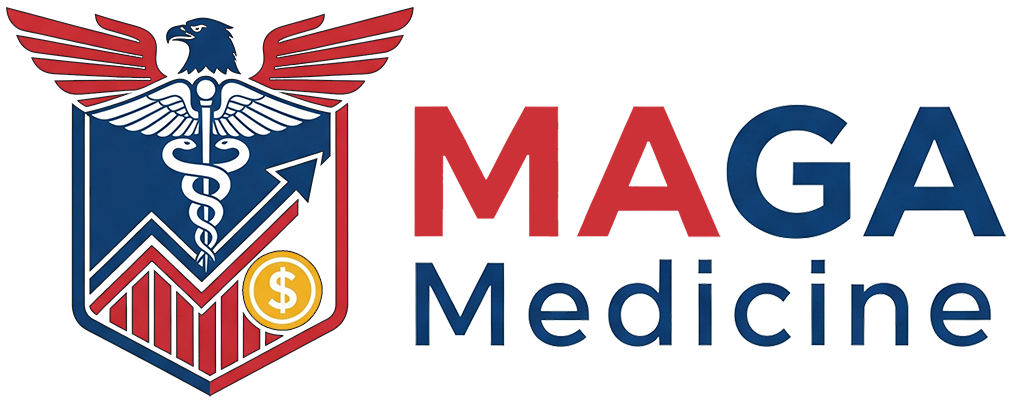As the government shutdown winds on, Democrats continue to hold the federal government hostage because, they claim, “premiums will double” if Congress does not extend Covid-era enhanced Obamacare subsidies.
I’ve debunked that topic in detail here and elsewhere, but to quickly summarize the argument: 1) The federal government will still pay on average 75-80 percent of enrollees’ premiums if the enhanced subsidies expire. 2) Nearly half of Exchange enrollees currently pay nothing in out-of-pocket premiums for benchmark coverage, which the Congressional Budget Office and others have concluded has led to over $10 billion in fraud every year. 3) Focusing on relative (i.e., percentage) increases ignores the comparatively modest effects most Exchange enrollees will face in absolute terms — no more than $50-100 per month on average.
But it’s worth taking a closer look at one of the think tanks pumping up the message about premiums supposedly doubling: KFF, formerly the Kaiser Family Foundation. It’s fair to question whether its messaging has deliberately contributed to confusion regarding this topic in a way that not-so-subtly exaggerates the case for extending the enhanced subsidies.
Inaccurate Graphic
KFF’s September report claimed that “premium payments will more than double” if the enhanced subsidies expire as scheduled. As I previously noted in these pages, this misleading terminology conflates premiums with out-of-pocket costs, which ignores the sizable subsidy the federal government will still provide to most enrollees if the Biden-era portion expires.
But on Monday, I found this graphic — which claims that “premiums will more than double” — prominently displayed on the KFF home page:
If the “premium payments” terminology is misleading, the “premiums will more than double” language moves into the realm of flat-out false and directly contradicts KFF’s own research on premium increases for 2026. So I wrote to KFF staff and asked them, “Do you plan on 1) correcting the graphic, 2) noting the correction on the homepage of your site (i.e., where it is located now) and 3) notifying your press lists of said correction?”
I received the following response back from Cynthia Cox, a KFF vice president, quoted in full below:
Hi Chris,
Thanks for flagging this. As you can see below, the graphic is posted with the context that it refers to premium payments, and the analysis it links to also refers to premium payments. That said, we do plan to update the graphic to be more precise.
Thanks,
Cynthia
Within minutes, the graphic magically changed to discuss “premium payments” instead of “premiums”:
This change of course represents both a correction and an admission that premiums are not doubling next year. But did KFF comply with the other elements of my request and note the correction publicly and/or send the information to its press lists? Not a chance.
KFF limited its changes to a stealth edit, not just because far too many organizations in Washington don’t want to publicly admit when they make an incorrect statement. For Cox’s claim about “being precise,” KFF undoubtedly benefits from many people not understanding the difference between “premiums” and “premium payments.”
Case in point: The day after KFF changed the graphic, I spent part of my afternoon arguing with the staff at a Washington publication about why their claim that “premiums will more than double” was inaccurate. I finally got the editor to admit that, yes, the wording needed correction. Not a half-hour later did another reporter — this one a health care beat reporter — from the exact same publication repeat that same false claim that “premiums will more than double.”
If you think KFF is reaching out to these publications to demand that they correct their inaccurate stories — “to be precise,” as Cox claimed — I’ve got some land I want to sell you. Instead, KFF hopes to capitalize on this confusion by making people think households will face thousands and thousands of dollars in higher bills if the enhanced subsidies expire. The vast majority won’t.
Avoiding Inconvenient Truths
The erroneous graphic represented neither the first nor the only time KFF has proven reticent to reveal “unhelpful” information. Last week, I emailed its analysts, noting that I was writing an article on KFF’s research. I asked for a breakout of the financial effect by percentile (e.g., the fifth, 25th, 50th, 75th, and 95th percentile of enrollees will pay $X more per month) and by income cohort (e.g., households with incomes between 100-150 percent of poverty will pay $Y more per month, etc.) for the expiration of the enhanced subsidies.
In this case, Cox inadvertently replied to my email when she meant to forward it to Larry Levitt, her boss. That email said in full:
Larry — we discussed this and think the appropriate response is simply to say sorry, we did not do this in our analysis
Note that Cox doesn’t say KFF can’t do this analysis. Instead, KFF doesn’t want to — because it would confirm that the vast majority of households will face a modest outlay in absolute dollar terms.
While Cox can easily ignore my requests for more information, there’s no reason why Republicans in Congress, who also have subpoena power at their disposal, can’t make the same or similar inquiries of KFF. After all, what better way to argue against an Obamacare expansion than by citing the left’s favorite think tank to note that X percent of enrollees (likely far more than a majority) will pay less than $100 more per month?
The bottom line: Groups on the left know full well that allowing the enhanced subsidies to expire as scheduled wouldn’t cause a catastrophe for most families. Conservatives in Congress should push them to disclose information to that end.
Read the full article here












